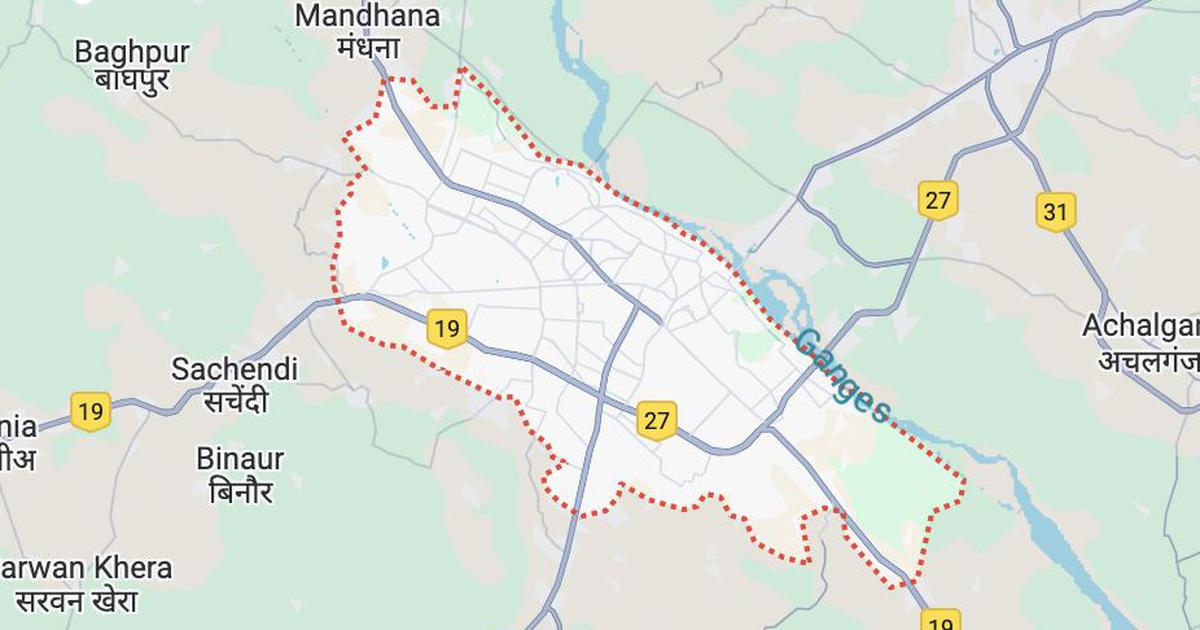
By Quratulain Rehbar
Quratulain Rehbar is a freelance journalist based in Kashmir.
When the world was celebrating the beginning of the New Year, I found myself among a hundred Muslim women in India whose names and pictures had been uploaded to a bizarre online “auction.”
Hosted by GitHub, a California-based internet hosting service, the open software app Bulli Bai — Bulli bai is a slur often deployed against Muslim women by Hindu nationalist supporters of Prime Minister Narendra Modi — introduced Muslim women as the “deals of the day,” with users pillorying them with communal, sexist, racist and other derogatory taunts.
Muslims in India have long been victims of the country’s escalating tide of Hindu nationalism. Indian social media spaces are awash with poisonous rhetoric that dehumanizes Muslims and casts them as treasonous fifth columnists. But the mock auction of Muslim women marks a new low for Hindu nationalists.
In July, I reported on a similar auction named Sulli Deals, another derogatory term for Muslim women. At the time, I interviewed some of the women, including prominent journalists, activists, lawyers and students brave enough to speak up for minorities, who had been victimized and can vividly recall their shock and humiliation.
Little did I realize that I too would soon find myself being offered for sale alongside a host of other female Muslims on another iteration of Sulli Deals.
Suddenly transposed into the place of the women I had interviewed, I could feel every word of the experience they had narrated to me. The horror continued for weeks, exacerbating other anxieties I feel as a Muslim female journalist living and working in Kashmir.
Journalists are already faced with unprecedented challenges in this long-trouble region that has been the source of so much tension between India and Pakistan since partition in 1947, especially since the Modi government has moved to intensify its crackdown on the media over the last two years.
But this so-called auction was not just an attack on our gender but an assault aimed at our identity as Muslims.
No doubt, this aggressive action was fueled by a mostly indiscriminate culture of misogyny that pervades Indian society. But this time, the attackers did not pick on a random group of women. Their specific aim was to humiliate Muslim women in particular.
The Sulli Deal incident sparked outrage on Indian social media platforms and formal complaints were lodged with the Delhi Police. No one, however, was arrested.
According to one Mumbai lawyer who has been pursuing the Sulli Deals on behalf of some of the victims, India’s cyberpolice division approached the case with such naivete that all the leads went cold.
If a case like this was too complex for police in Mumbai, India’s biggest and most modern city, imagine how cyberpolice cells across the rest of India are working.
Even after the Bulli Bai incident, not a single member of the Modi government stepped forward to denounce what had by then become a national issue except Electronics and Information Technology Minister Ashwini Vaishnaw, who said that the relevant GitHub user had been blocked and that further action would be taken.
GitHub itself has been blocked before in India, as well as China, Russia and Turkey, but has always been reinstated after backlash from users and technology businesses or following steps taken by GitHub itself. There was no response from GitHub on Bulli Bai except what it said to IT Minister Vaishnaw.
Still, Bulli Bai is being discussed by the Indian mainstream, but in a very different way. Unsurprisingly, most Indian media took the side of those accused of instigating the auction, humanizing them and their personal life stories.
In India, the mainstream media has often faced criticism for spreading hate speech, as well as targeting and inciting communal passions against minorities. A prominent recent example was how the media blamed Indian Muslims for being COVID superspreaders.
The hatred shown toward Muslim women has been rising steadily in recent years, especially after Muslim women became the face of the contentious new citizenship law that was approved by parliament in December 2019 and fast-tracks the process of granting citizenship to non-Muslim migrants from the neighboring Muslim-majority countries, but not Muslims themselves.
The people responsible for the various social media platforms that are being used to deliberately spread hate and misogyny against Muslims need to do a better job of monitoring problematic content. These apps have a responsibility to create a mechanism to track down unchecked abuse and to stop the spread of hateful views.
According to the report “Unsocial Media: Inclusion, Representation and Safety for Women on Social Networking Platforms,” published in May last year by the Observer Research Foundation based in New Delhi, 52% of Indian women do not trust the internet with their personal information.
Like in the case of Bulli Bai, most of us women have at one time or another felt so vulnerable that we started to worry that our homes and families might be at risk.
Unless the Indian government starts to effectively enforce laws against cybercrimes of this nature, such attacks will continue. Unfortunately, in today’s India, the reality is that minorities, especially Muslims, are being attacked day in and day out simply for being Muslim and with no end in sight.
This story first appeared on asia.nikkei.com






